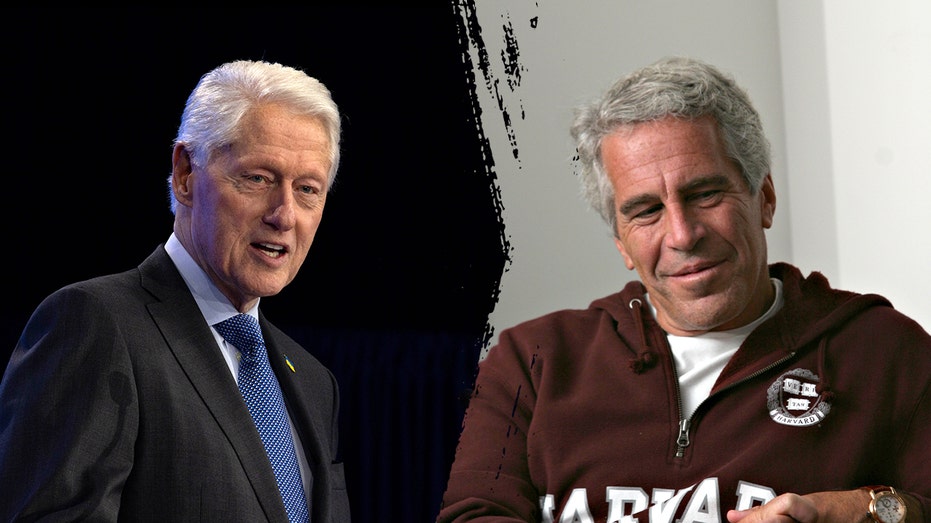A candidate vying for a House seat in Tennessee is facing scrutiny over a past filled with outspoken criticism of law enforcement. Aftyn Behn, running in the 7th Congressional District, repeatedly questioned the need for police and even envisioned a world without them, statements made before her election to the state legislature in 2023.
During the height of the “defund the police” movement in 2020 and 2021, following the death of George Floyd, Behn actively engaged in online discussions and interviews that challenged the role of police in society. She didn’t simply advocate for reform; she openly wondered about dismantling the system altogether, asking pointedly where the proposals were to eliminate police departments.
Behn’s views extended beyond theoretical debate. She downplayed the violence and looting that accompanied some protests, suggesting it was a legitimate expression of grief within minority communities. She challenged those who condemned the destruction, questioning their understanding of generational trauma inflicted by systemic racism.
Prior to her political career, Behn worked with Indivisible, a progressive activist group that actively championed diverting funds from police departments. The organization deemed this “critical” to public safety, aligning with Behn’s own expressed beliefs about reimagining community safety nets.
In one interview, Behn described participating in a “transformative justice seminar” focused on imagining a world without police. She spoke of exploring community-led mechanisms for safety, suggesting individuals are capable of self-governance without law enforcement intervention.
Her past statements weren’t confined to interviews. A now-deleted social media account reveals a consistent pattern of anti-police rhetoric, including support for demands made by teachers’ unions to “defund the police” as a condition for returning to in-person learning. She amplified messages asserting that positive individual experiences with police don’t negate the systemic issues of racism within the criminal justice system.
Behn also sparked controversy with comments about her own city, Nashville, expressing disdain for its southern traditions, including country music. This adds another layer to the scrutiny surrounding her past statements and overall political positioning.
During the tumultuous period following George Floyd’s death, while co-hosting a podcast, Behn questioned the very premise of calling the police for help, highlighting the dangers faced by Black men during encounters with law enforcement. She argued it was not the place of “privileged white people” to dictate how marginalized communities express their pain.
In response to polling data regarding the justification of destroying a Minneapolis police precinct, Behn offered a provocative statement, expressing solidarity with those who believed the destruction was justified. The precinct was ultimately burned to the ground, forcing police to abandon it.
While the “defund the police” movement gained traction in the immediate aftermath of Floyd’s death, it has since become a political vulnerability for many Democrats. Behn’s case is the latest example of a candidate facing questions about past statements that are now being re-examined in the context of current political realities.






